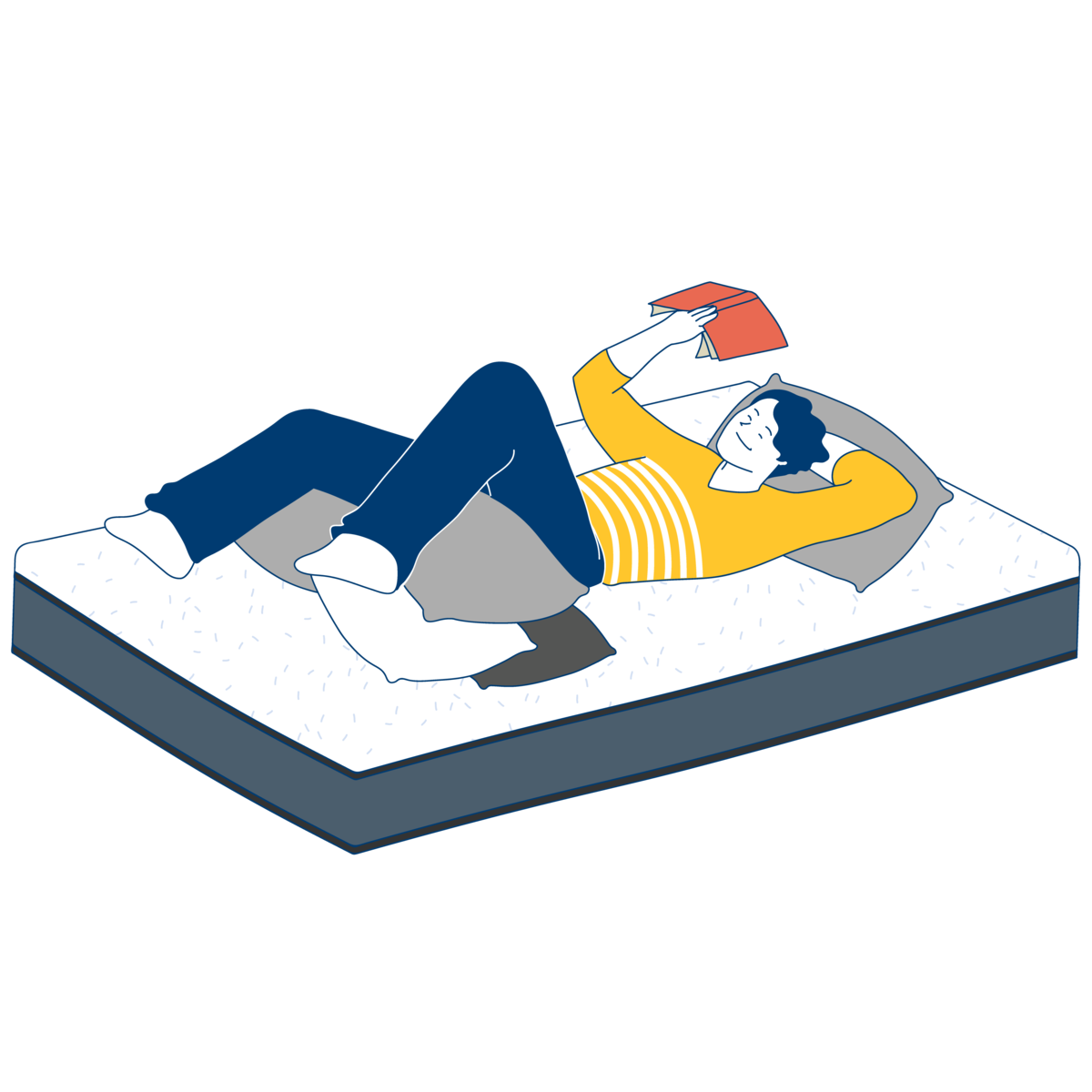Having you been struggling with your sleep lately? Maybe you’ve picked up some bad habits which are keeping you up late? We spoke to Stacey Bout, a Kinesiologist, to learn more about sleep hygiene and why rituals are so important for a good night’s sleep.
When we hear the phrase “sleep like a baby”, we think of a relaxed and blissful little human sleeping peacefully for hours on end. But if you ask most of my friends who’ve had babies, they will be the first to talk about the mammoth sized task it is to get their little ones into this sleep state, if it happens at all.
One of the tools parents use to keep their baby sleeping regularly is implementing sleep rituals and sleep hygiene into their routine, yet when we grow into our teenage and adult years we give up on that routine!
Sleep is an essential element for our physical and mental wellbeing, yet many people find getting enough quality sleep an elusive task. If you consider the major events of this year including the horrific bushfires and COVID-19, we are feeling incredible loads of stress which impacts our nervous system and our bodies need the break that sleep gives for rest and recuperation.
COVID-19 has changed the way we work and live for a large number of people. Who else is willing to admit the bedroom has become a workspace from time to time? Or the snacks and movie night on the lounge have changed locations to the bedroom too?
We know sleep is important for our mental and physical health, so what can we do to help reach the goal of ‘sleeping like a baby’?
Sleep Rituals
The Miriam Webster dictionary describes rituals as ‘an act or series of acts regularly repeated in a set precise manner.’
Just as many parents have learnt the benefit of a sleep ritual for their children, we too as adults can benefit by implementing this ritual into our daily sleep routine. Sleep rituals prepare our body and mind for sleep and let it know it’s transitioning from the doing phase to the rest phase.
Sleep rituals can be adapted to suit each individual person’s preferences however it’s recommended that they include the following as a basis:
- Regular Sleep/Wake Time: Go to bed and wake at a regular time daily, this helps to set your body’s internal clock known as the circadian rhythm.
- Wind Down Time: Ideally an hour before bedtime, start the process of winding down your body to move into the parasympathetic nervous system to bring about rest and relaxation.
- Limit/Remove Screen Time and Turn Lights Down: Our bodies need melatonin, a chemical made in the body called a neurotransmitter, to sleep. In order for melatonin to be produced, darkness is needed. The following are a few of the things that can impact melatonin production, in particular those that emit blue light: mobile phones, iPads, laptops, computer screens, TV screens and artificial lighting in houses. Ideally, start to move to darkness at least an hour before you want to sleep by turning these off. Himalayan salt lamps can be a good alternative for light during the transition to bedtime.
Beyond the list above, you can add in your own rituals to help bring your body and mind into a state ready for sleep. This could include:
- Lighting a candle or diffuser with an oil such as lavender
- Writing a gratitude list
- Meditation
- Journaling
- Brain dump of all the things on your mind on a notepad
- Yoga positions for sleep (yin yoga)
- Reading a book
- Listening to music
- Doing prayer/mantra practice
- Breathing exercises
- A before bed body ritual (mindfully cleaning teeth, cleansing face etc)
Research shows that the more specific a ritual is and followed regularly, the greater the effectiveness of it.

Sleep Hygiene
Sleep hygiene can be described as behaviours, routines, rituals, habits and practices that you do that help you to sleep well regularly.
As well as the sleep rituals above, sleep hygiene can include:
- Location: Where you sleep, going to bed vs falling asleep on the lounge
- Bedding: The type and quality of your mattress, pillow and bed linen – natural fibres are thought to be best
- Environment: A dark, quiet cool room with fresh air flow
- Cleanliness: Ensuring the bed is kept free of anything other than what is needed for sleep
- Electronics: Electronics emit Electromagnetic Fields (EMFs) and it’s recommended to remove these from sleep areas, including your mobile phone and computer
- Food: What you eat and when you eat, not eating immediately before sleep
- Drinks: Limiting caffeine, alcohol and other stimulant drinks and ensuring adequate water intake.
While good sleep hygiene and having a sleep ritual will help many towards better sleep, if issues persist see professionals for further investigation and support to address any concerns.
About the Author
Stacey Bout is passionate about holistic wellbeing and mental health. As a Kinesiologist, Coach, Facilitator and Mental Health First Aid Instructor her days are spent sharing knowledge and empowering others to create change in their lives and implement wellness practices to support their life goals and wellness intentions.



